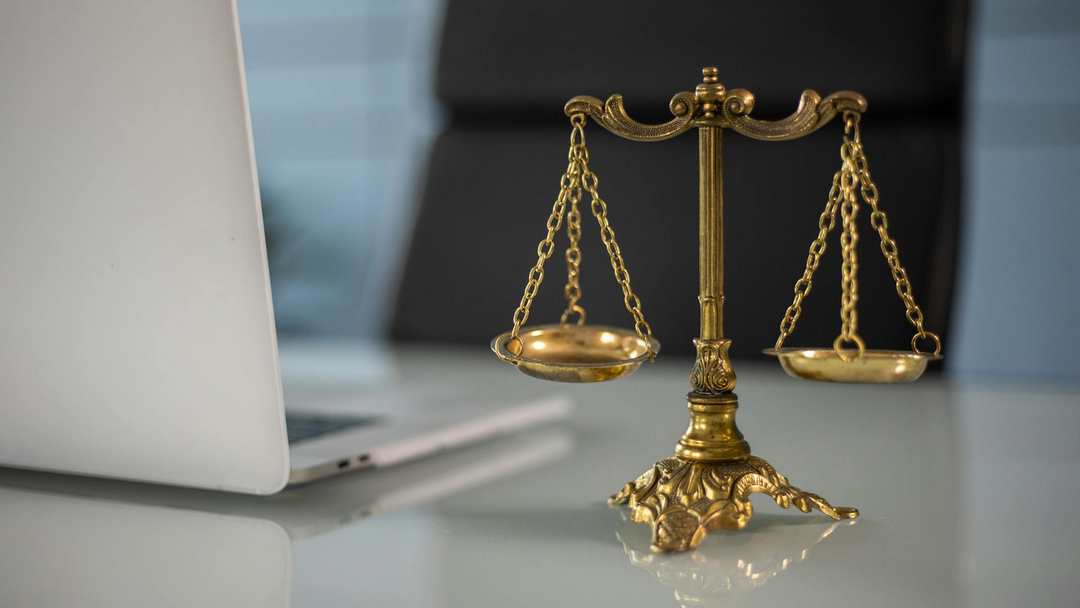Michigan Criminal Laws FAQs Resisting an Unlawful Arrest in MichiganThe question of whether you can legally resist an unlawful arrest in Michigan is complex, and the answer is generally no, with very limited exceptions. While the idea of defending oneself against an...

Judicial Accountability in Michigan for Judges
Maintaining public trust in the judiciary is paramount to a functioning legal system. In Michigan, several mechanisms exist to ensure judicial accountability, holding judges responsible for their conduct both on and off the bench.
These safeguards are primarily governed by these guidelines below.
The Michigan Judicial Tenure Commission (JTC):
The cornerstone of judicial accountability in Michigan is the Judicial Tenure Commission, established by the Michigan Constitution (Article VI, Section 30).
Grounds for disciplinary action by the JTC include:
Misconduct in Office: This encompasses actions that violate the Code of Judicial Conduct or the rules governing judicial ethics.
Persistent Failure to Perform the Duties of Office: Neglecting judicial responsibilities, such as timely rulings or regular court attendance, falls under this category.
Conduct Clearly Prejudicial to the Administration of Justice: This broad category covers behavior that undermines public confidence in the integrity and impartiality of the judiciary.
Physical or Mental Disability Seriously Interfering with the Performance of Judicial Duties: When a judge’s health significantly impairs their ability to fulfill their responsibilities.
Conviction of a Felony: A criminal conviction can lead to disciplinary action.
Upon investigating a complaint, the JTC may dismiss it, issue a private admonishment, or file a formal complaint with the Michigan Supreme Court if it finds sufficient evidence of misconduct.
If a formal complaint is filed, the Supreme Court appoints a master to conduct a public hearing. The master then submits findings and recommendations to the JTC, which, in turn, makes its own recommendation to the Supreme Court.
The Michigan Supreme Court has the ultimate authority to discipline judges, with sanctions ranging from censure and reprimand to suspension and removal from office (MCL 600.225 outlines the Supreme Court’s general superintending control over all state courts).
Other Avenues for Accountability:
While the JTC is the primary body for addressing judicial misconduct, other avenues exist:
- Impeachment: The Michigan Constitution (Article XI, Section 7) grants the House of Representatives the power to impeach civil officers, including judges, for corrupt conduct in office or for crimes or misdemeanors.
The Senate then conducts the trial, and a two-thirds vote is required for conviction and removal. - Recall: Elected judges are subject to recall by the voters under specific conditions outlined in the Michigan Constitution (Article II, Section 9) and the Recall Act (MCL 168.951 et seq.).
- Electoral Process: Voters have the opportunity to hold judges accountable at the ballot box during elections.
Code of Judicial Conduct:
The Michigan Code of Judicial Conduct, adopted by the Michigan Supreme Court, provides specific ethical guidelines for judges.
When facing legal challenges, particularly those involving potential judicial overreach or misconduct, it is crucial to have experienced and dedicated legal representation. Attorney Michael Komorn of Komorn Law PLLC provides an aggressive defense in courtrooms across Michigan.

Resisting an Unlawful Arrest in Michigan

Criminal Law FAQs – Assault with Intent to do Great Bodily Harm Less Than Murder (AWIGBH)
Michigan Criminal Laws FAQs Assault with Intent to do Great Bodily Harm Less Than MurderAccording to Michigan State Law (Michigan Compiled Laws - MCL), Assault with Intent to do Great Bodily Harm Less Than Murder (AWIGBH) is a serious felony offense defined in MCL...

Criminal Law FAQs – Operating a Vehicle with a High BAC
Michigan Criminal Laws FAQs Super Drunk (High Breath Alcohol Content)Operating a Vehicle with a High BAC (Super Drunk) - MCL 257.625(1)(c)FAQ 1: What BAC level qualifies as "High BAC" or "Super Drunk" in Michigan? Answer: In Michigan, operating a vehicle with a blood...
FAQs about Judicial Accountability in Michigan:
Q: Who can file a complaint against a judge in Michigan?
A: Any individual, including members of the public, attorneys, or court staff, can file a complaint with the Michigan Judicial Tenure Commission if they believe a judge has engaged in misconduct.
A: The JTC reviews the complaint to determine if it alleges conduct that, if true, would constitute judicial misconduct or disability. If so, the JTC may conduct an investigation, which can involve interviewing witnesses, reviewing court records, and requesting information from the judge.
Q: What are the possible sanctions a judge can face in Michigan for misconduct?
A: The Michigan Supreme Court, based on recommendations from the JTC, can impose various sanctions, including private admonishment, public censure or reprimand, suspension with or without pay, and removal from office.
Komorn Law
Charged with a Crime? – Better Call Komorn
Komorn Law
Areas of Service
We fight for our clients throughout the State of Michigan and Northern Ohio.
Here are some court contacts we frequently handle cases.
Komorn Law, PLLC, led by Attorney Michael Komorn, serves clients throughout Michigan.
- District Courts
- Circuit Courts
- Michigan Court of Appeals
- Michigan Supreme Court
- Federal Court System












